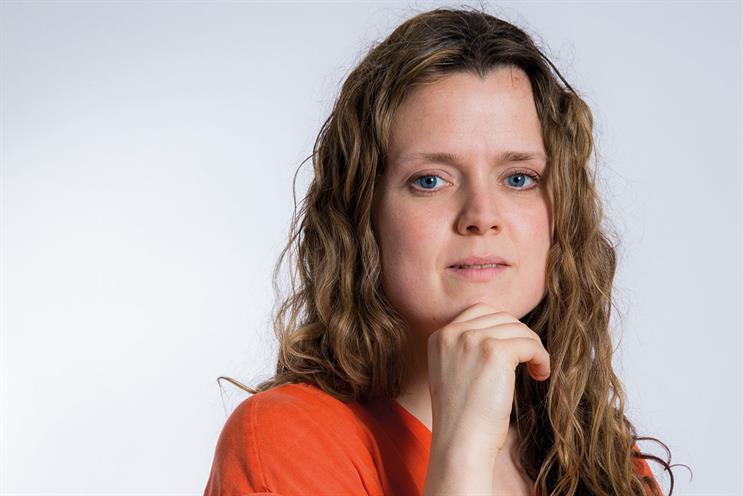It’s amazing how little understanding of the wider media environment some people who work at the BBC can show. I did a radio interview for a small local BBC station years ago pegged to a consultation about the amount of ads TV broadcasters can run each hour. Or I think that was the subject – my memory’s a little hazy. Anyway, what I do remember clearly is the radio DJ spending most of the segment moaning about how terrible it was to have to watch ads at all.
I thought of that DJ last week when the BBC’s statement on The Great British Bake Off called for Love Productions to change its mind so that the show could "stay ad-free". You could argue that, in doing so, the BBC was abusing its privileged position. Without a household tax to support them, other media companies need the market to fund their content. There is nothing inherently evil in that. Advertising has delivered an effective payoff for hundreds of years.
It’s as if some staffers at the BBC live in a parallel universe where the best thing for viewers would be if it catered for all their needs. In this case, the BBC press office appears to be striving to save Bake Off fans from the evil perils of commercialisation. It is therefore ironic that Love Productions and the BBC’s relationship is said to have broken down over the latter ripping off the Bake Off format with Hair and The Big Painting Challenge.
Now, of course, there are huge swathes of the population – including 北京赛车pk10 readers, I’m sure – who regularly fast-forward the ads that fund the content they’re watching. I have to grab the dibber at home so my husband doesn’t turn down the sound during the ad breaks.
But when Bake Off could have ended up on pay-TV, how crazy is it that one publicly owned broadcaster is demeaning another because it has a funding model that doesn’t cost its viewers a penny? One of the brilliant things about the UK’s mixed TV landscape is that our free-to-air channels are owned by a range of broadcasters, which have different ownership and funding set-ups.
Royal Mail and, more recently, Radiocentre have had some success promoting direct mail and radio to the industry through ad campaigns. But maybe we need another one for ad-funded media more broadly. The issue is particularly acute when it comes to ad-blocking in digital media – especially in the context of the torrid time newspapers are having. But reminding the wider public of the benefits of advertising more broadly might be apposite too.
As the Advertising Association’s Advertising Pays 3 study last year showed, the gap between what Brits are willing to pay and the true cost of the advertising-funded media they receive is almost £5bn. It could be time to be more proactive about telling that story. The AA has run ads targeting politicians at Westminster before. Maybe its incoming chief executive could look at building on that initiative for the wider public.


